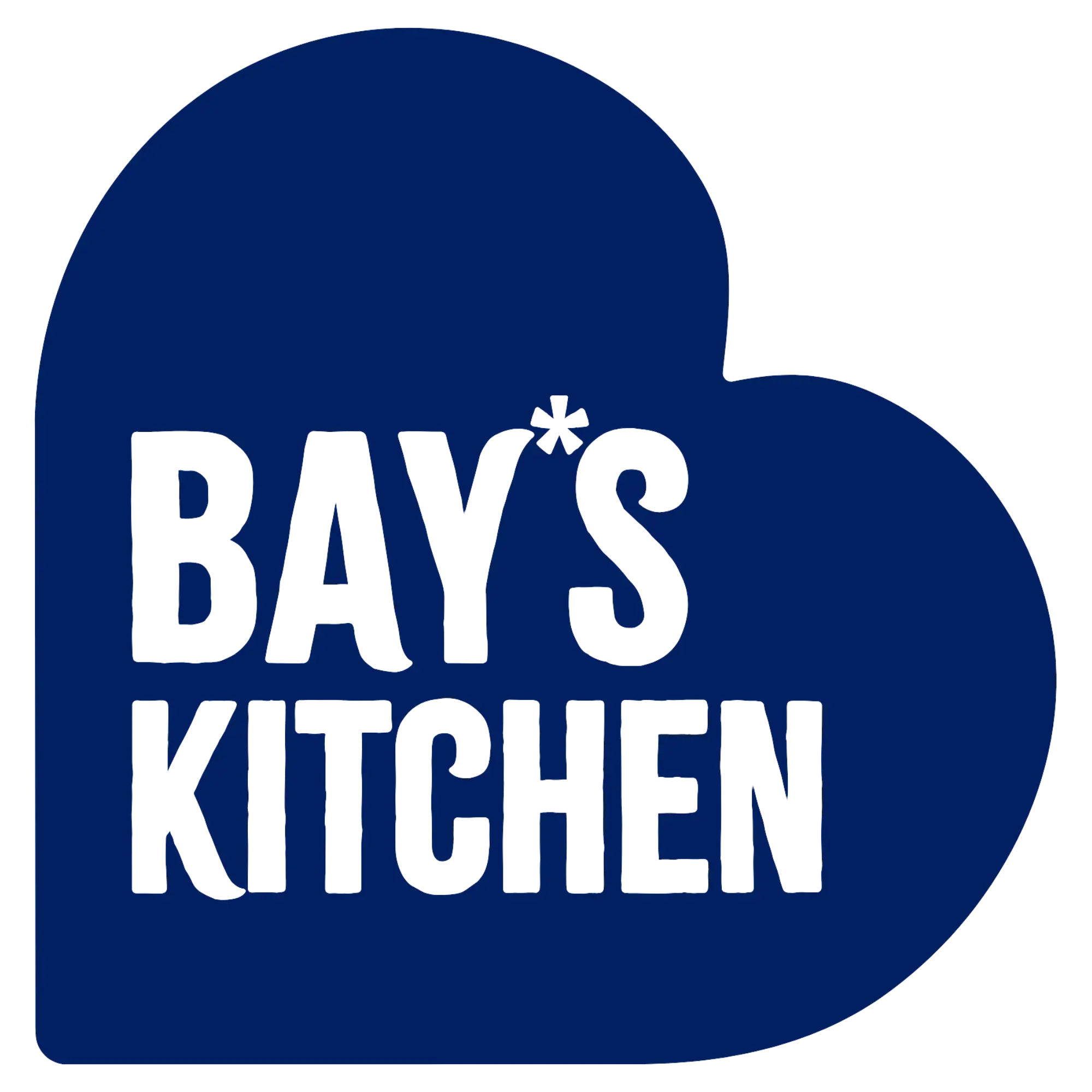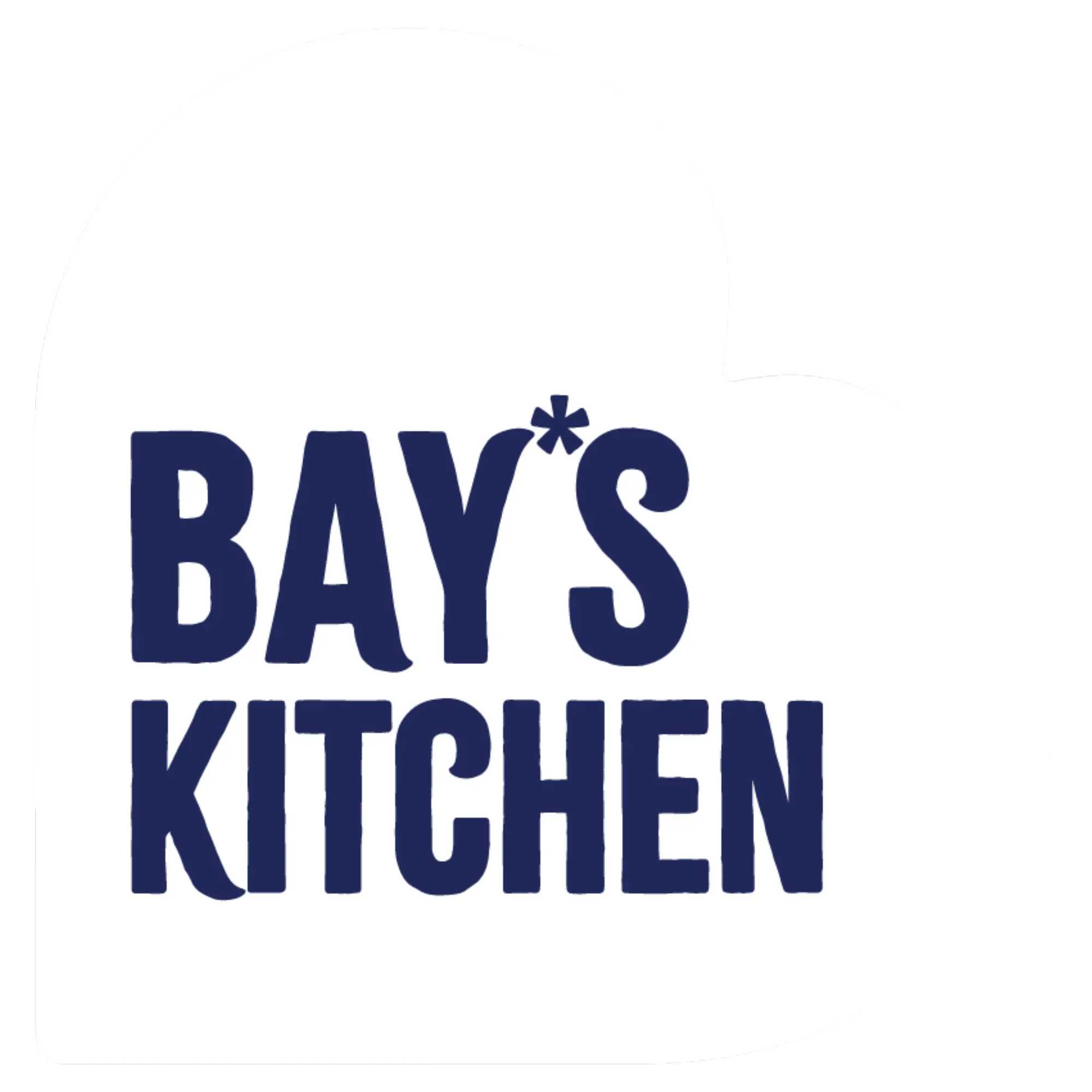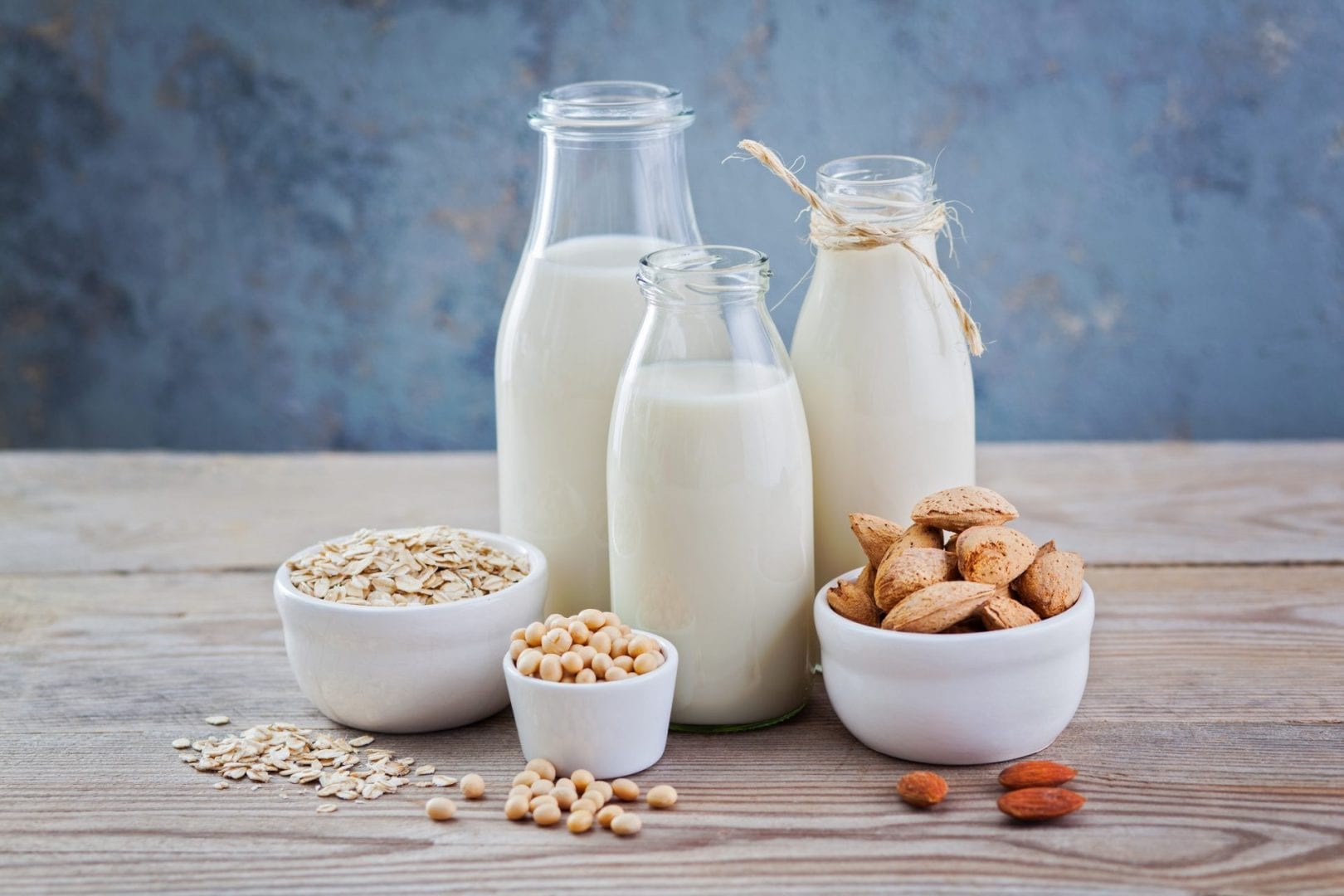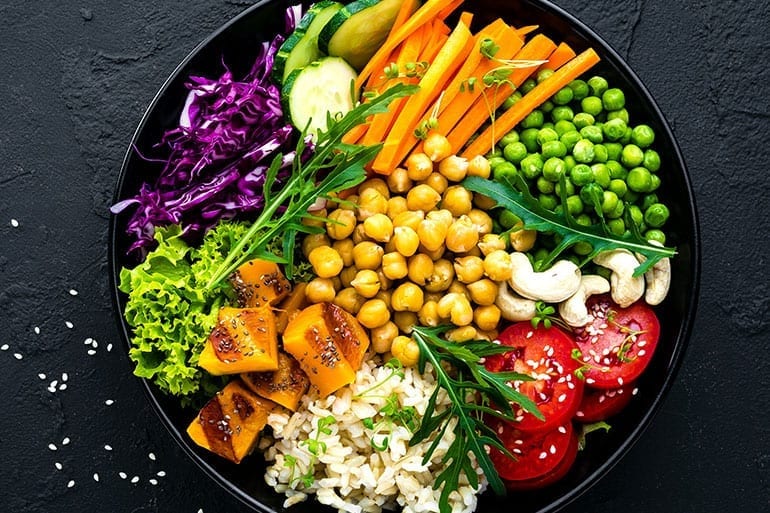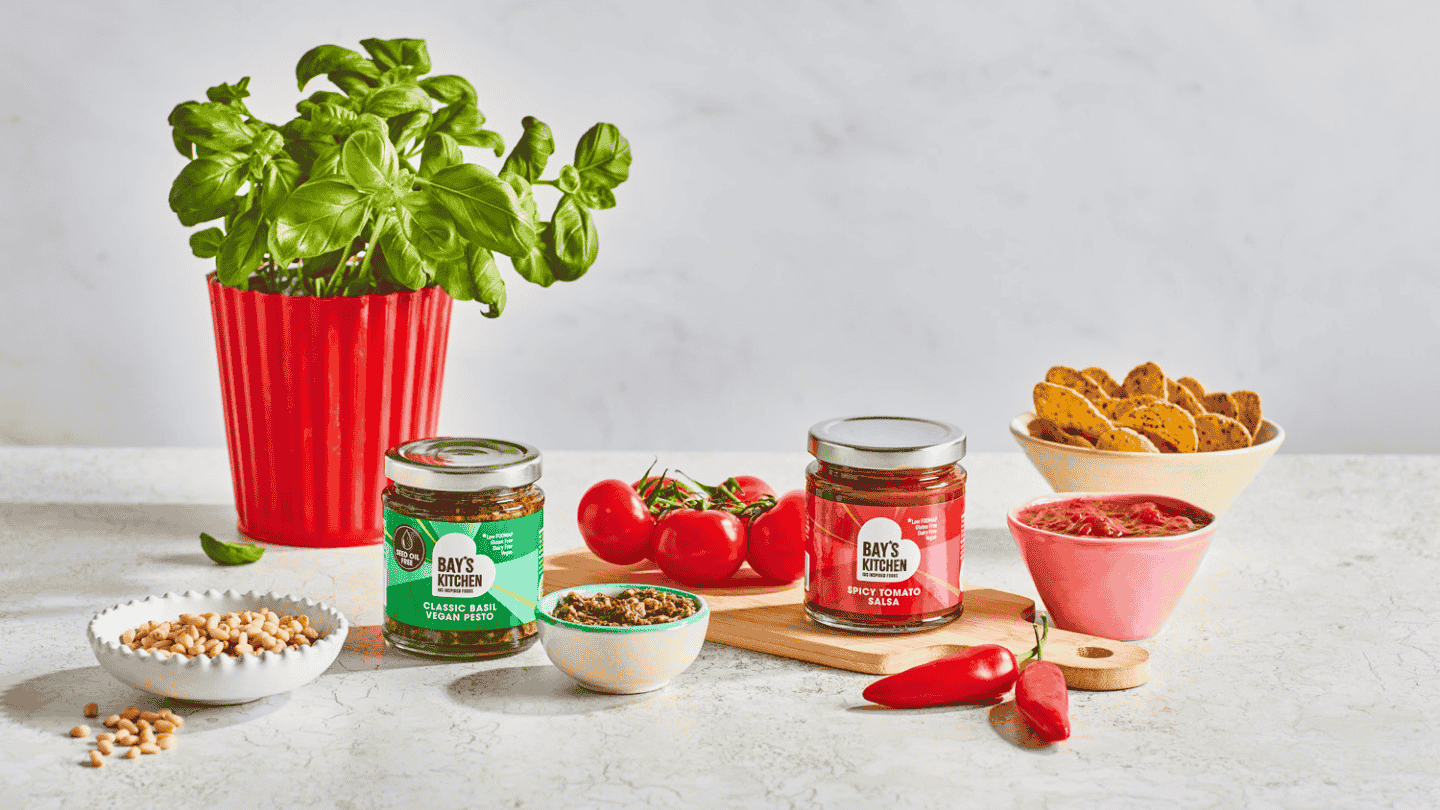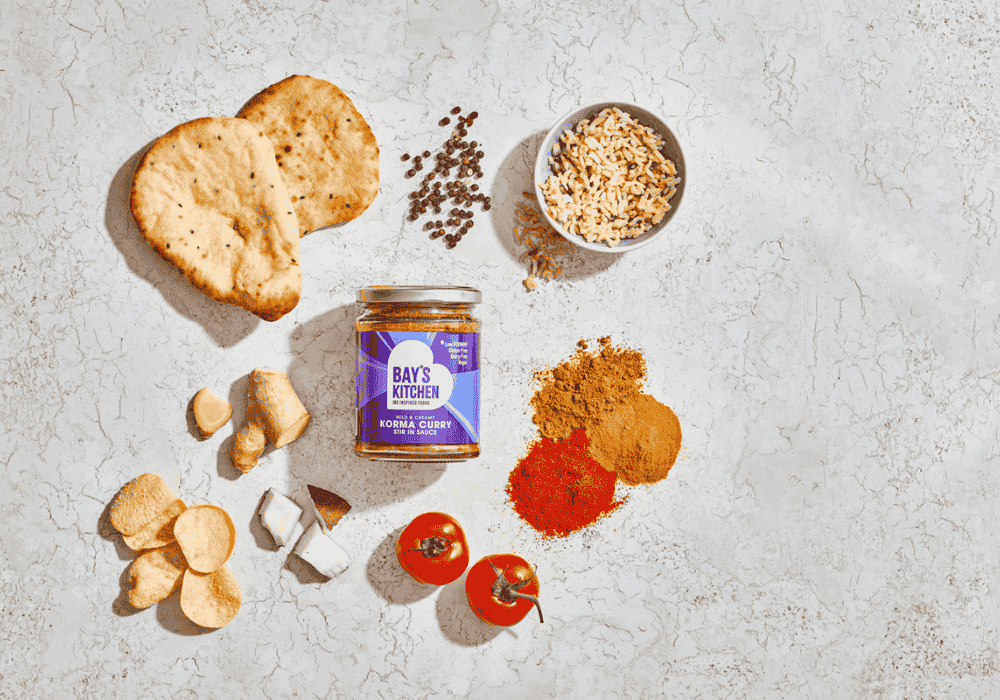Dairy foods are often accused of triggering IBS symptoms, but as Dietitian Laura Tilt explains, for most people with IBS, there’s no need to avoid dairy completely.
What Are Dairy Foods?
Dairy foods are described as milk, and any foods made from milk, including butter, cheese, yoghurt and ice-cream.
What’s The Link Between Dairy Foods & IBS?
Up to 9 in 10 people with IBS report that certain foods trigger their symptoms, and milk and dairy foods are often restricted in an attempt to alleviate discomfort. But, is there any evidence that avoiding dairy can help?
What’s In Dairy?
The research we have shows that it’s not dairy per se that can be a problem for some people with IBS, but some of the components of dairy – let’s take a closer look…
Lactose
Lactose is a type of naturally occurring sugar found in milk and dairy products like yoghurt and soft cheese. In order to digest lactose, we need an enzyme called lactase, which breaks down lactose into absorbable pieces.
Some people have lactose malabsorption – this means they don’t make enough of the lactase enzyme. So, when they consume large amounts of lactose, they’re unable to fully digest it, and it travels through the gut triggering symptoms like diarrhoea, bloating and gas. We call these lactose related symptoms ‘lactose intolerance’.
Lactose malabsorption varies widely by geographical region, and is more common in people of Asian or African-Caribbean descent. For example, only around 4% of the population in Denmark have lactose malabsorption, whereas almost 100% of the population in China are thought to have some degree of malabsorption.
Not everyone with IBS has lactose malabsorption, but if you do, you might experience an improvement in your symptoms by reducing the amount of lactose in your diet. For example, this might mean swapping to a lactose free milk, and choosing lower lactose cheeses like cheddar, feta and parmesan.
Fat
For some people with IBS, high fat meals can be a symptom trigger. Dairy foods (like cream, butter and cheese) are higher fat foods, and in large quantities might cause discomfort – think a creamy pasta sauce or pudding. If you suspect this is the case for you, swapping to lower fat versions of these foods might be helpful.
What About Dairy Allergies?
Milk (or dairy) allergy is an abnormal reaction to one or more of the proteins in cow’s milk. It can cause anything from mild to severe (life-threatening) symptoms and always involves the immune system. It affects about 3-6% of infants and young children, although most grow out of it by five years of age. Milk allergy in older children and adults is rare, but if you do suspect an allergy, it’s really important to speak to your G.P. who can refer you to an allergy specialist if necessary.
Allergy Vs. Intolerance
It’s important to remember that lactose intolerance is not the same thing as an allergy. Intolerances don’t involve the immune system and although can result in uncomfortable symptoms, they aren’t life-threatening. You also don’t need to avoid dairy products if you have lactose intolerance.
What Should I Do if I Think I Have Lactose Malabsorption?
Lactose malabsorption can be diagnosed by a hydrogen breath test, but this isn’t always readily offered or available. Chat to your G.P. if you’re experiencing symptoms as they will want to rule out other causes first.
If lactose malabsorption is suspected, you can trial a low lactose diet for two weeks, to see if there’s any improvement in your symptoms. After two weeks of reducing the lactose in your diet, review your symptoms – have they improved? If yes, you can test your tolerance to lactose by consuming a glass of milk (about 250ml) to see if symptoms return.
If they do, this likely confirms lactose malabsorption, and you will need to limit higher lactose foods longer term to help manage symptoms. If you have seen no improvement over the two weeks, it’s unlikely that lactose is a problem for you and you can return to eating lactose containing foods. Remember that milk is an important source of calcium, protein and other vitamins and minerals so if you’re choosing a plant milk over a dairy milk, look for one that is fortified with calcium, and ideally iodine.
Final Thoughts
Lastly, if you are following a low FODMAP diet and think dairy is a problem for you, speak to your dietitian – lactose is classed as a FODMAP, so you can trial a reduction and reintroduction as part of the FODMAP diet, and this will help you identify how much you can comfortably tolerate.
If you are advised to follow a dairy free diet, then Bay’s Kitchen can help you out as all of our products are Dairy Free, as well as being Gluten Free and Low FODMAP too.
